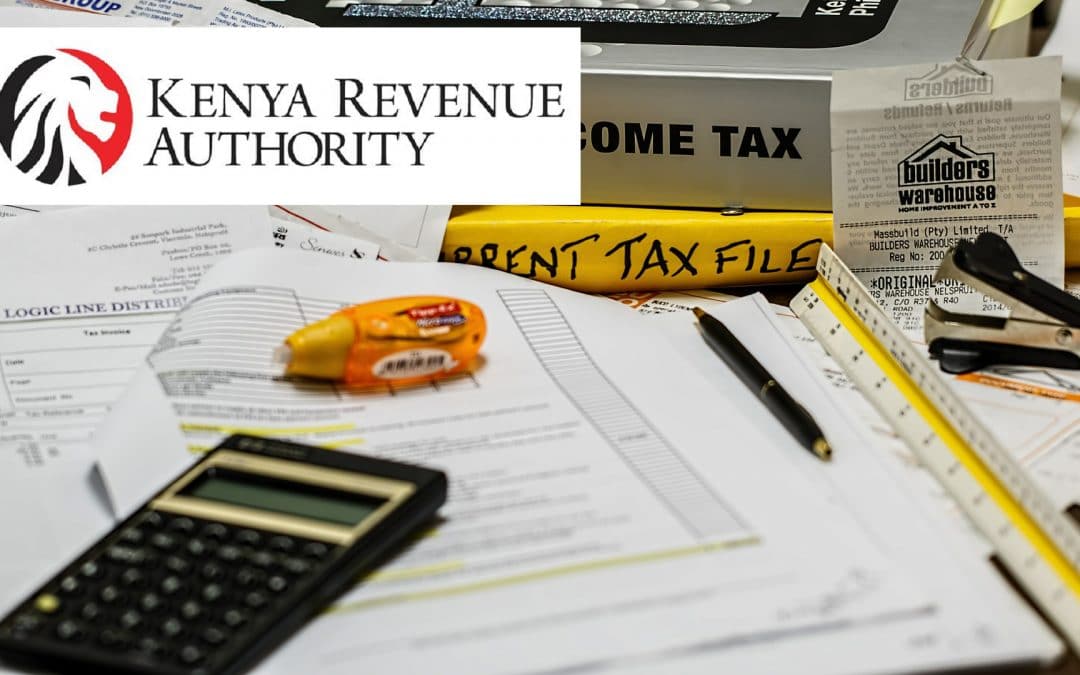Phone: +254 700 524589 | +254 782 524589 Email: [email protected]
KRA Returns: A Comprehensive Guide
Introduction
Welcome to our comprehensive guide on KRA returns, where we provide valuable insights and practical tips to help individuals and businesses navigate the process effectively. At our organization, we understand the importance of accurate and timely filing of KRA returns. We are committed to empowering you with the knowledge and resources needed to successfully fulfill your tax obligations while maximizing your financial well-being.
Understanding KRA Returns
What are KRA Returns?
KRA returns, or Kenya Revenue Authority returns, refer to the periodic reporting of income, expenses, and other relevant financial information to the tax authorities in Kenya. These returns serve as a means for individuals and businesses to declare their taxable income and settle any tax liabilities owed to the government.
Types of KRA Returns
There are various types of KRA returns that individuals and businesses may need to file, depending on their unique circumstances. Some of the common types include:
- Individual Income Tax Returns: These returns are filed by individuals who earn income from employment, rental properties, or self-employment. They provide a comprehensive overview of an individual’s income, deductions, and tax liabilities.
- Value Added Tax (VAT) Returns: Businesses registered for VAT are required to file VAT returns, which detail their sales, purchases, and input tax credits. VAT returns help in the calculation of VAT liabilities or refunds.
- Corporate Tax Returns: Companies operating in Kenya must file corporate tax returns, disclosing their income, expenses, and tax liabilities. Corporate tax returns enable businesses to fulfill their obligations under the Income Tax Act.
Importance of Filing KRA Returns
Filing KRA returns is not just a legal requirement but also essential for various reasons:
- Compliance with Tax Laws: Filing KRA returns ensures compliance with the tax laws of Kenya. Failure to file returns or inaccurate reporting can result in penalties, fines, or legal consequences.
- Assessment and Verification: KRA uses the information provided in returns to assess and verify the accuracy of the declared income and tax liabilities. Proper filing helps establish transparency and credibility.
- Claiming Tax Refunds: Filing returns allows eligible individuals and businesses to claim tax refunds. Refunds may arise from excess tax paid, input tax credits, or tax incentives.
- Building Financial History: Consistent filing of accurate returns helps individuals and businesses build a solid financial history. This can be beneficial when seeking loans, applying for tenders, or entering into business partnerships.
Filing KRA Returns: Step-by-Step Guide
To help you navigate the process of filing KRA returns, we have prepared a comprehensive step-by-step guide:
Step 1: Gather Required Documents and Information
Before you begin filing your KRA returns, ensure you have the following documents and information readily available:
- Personal identification details, such as your KRA PIN (Personal Identification Number) and National ID.
- Employment income details, including your P9 form, which summarizes your earnings and deductions provided by your employer.
- Rental income details, such as rental agreements, expense receipts, and records of any allowable deductions.
- Business income details, including sales records, purchase invoices, expense receipts, and financial statements.
- Other sources of income, such as dividends, interest, royalties, or capital gains.
Step 2: Access the KRA Online Portal
To file your KRA returns online, you need to access the KRA iTax portal
. Visit the official KRA website and log in to your iTax account using your PIN and password. If you don’t have an account, you can register for one on the portal.
Step 3: Select the Relevant Return Form
Once you have logged in to the iTax portal, select the appropriate return form based on your filing requirements. The portal offers different forms for individual income tax, VAT, and corporate tax, among others.
Step 4: Fill in the Required Information
Carefully fill in all the required information in the return form. Provide accurate details about your income, expenses, deductions, and any other relevant information. Double-check the entered information to ensure its accuracy.
Step 5: Review and Submit
Thoroughly review the filled-in return form to verify the accuracy of the provided information. Make any necessary corrections or additions before submitting the form. Once you are confident that the form is complete and accurate, submit it electronically through the iTax portal.
Step 6: Obtain Acknowledgment Receipt
After successfully submitting your return, the iTax portal will generate an acknowledgment receipt. Download and keep a copy of the receipt for your records. The acknowledgment receipt serves as proof of filing and should be retained as part of your tax documentation.
Tips for Successful KRA Returns Filing
To optimize your returns filing experience and ensure compliance, consider the following tips:
- Stay Updated: Keep yourself updated with the latest tax laws, regulations, and filing requirements issued by KRA. Regularly check the official KRA website for updates and notifications.
- Maintain Proper Records: Maintain organized records of your income, expenses, and supporting documents throughout the year. This will simplify the process of compiling the required information during filing.
- Seek Professional Assistance: If you find the process of filing KRA returns complex or require guidance, consider seeking assistance from tax professionals or consultants with expertise in Kenyan tax laws.
- File Timely: Aim to file your returns well before the deadline to avoid last-minute rush and potential penalties for late filing.
Conclusion
Filing KRA returns is a crucial aspect of fulfilling your tax obligations in Kenya. By following the steps outlined in this comprehensive guide, you can confidently navigate the process and ensure accurate reporting. Remember to stay informed about the latest updates from KRA and maintain proper records to facilitate smooth returns filing. Taking these proactive measures will not only help you comply with the law but also contribute to your financial well-being.

